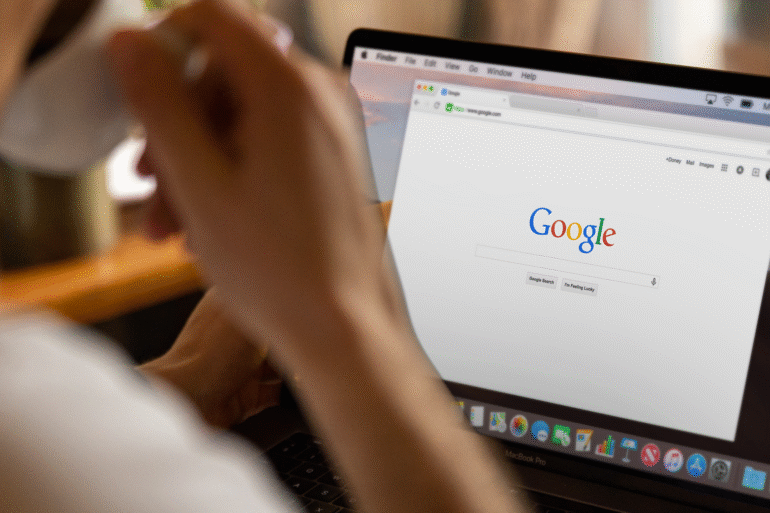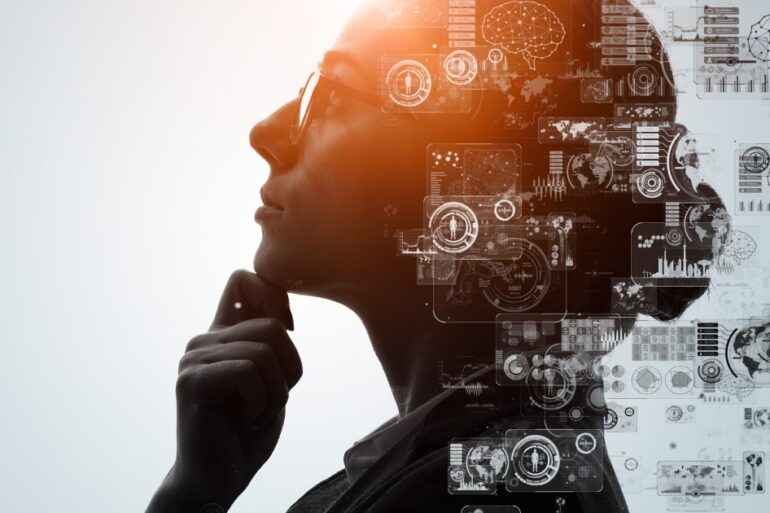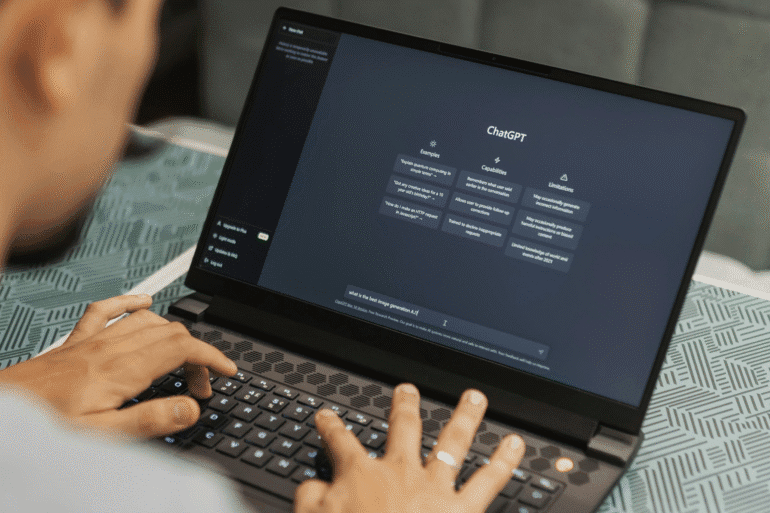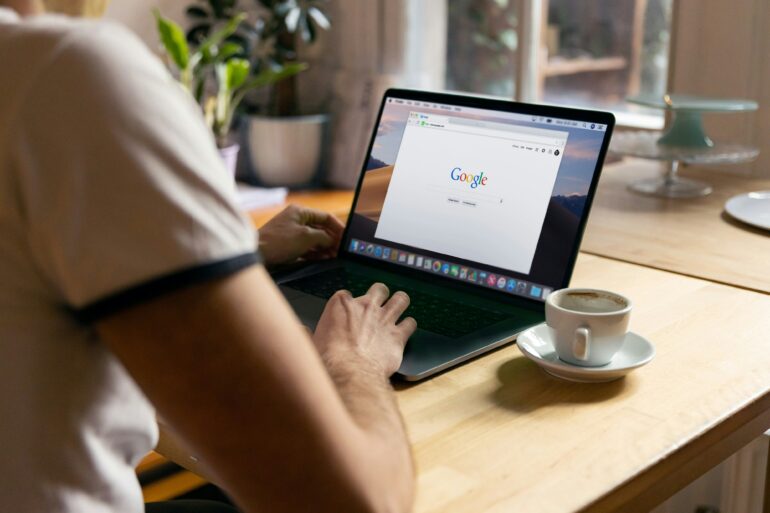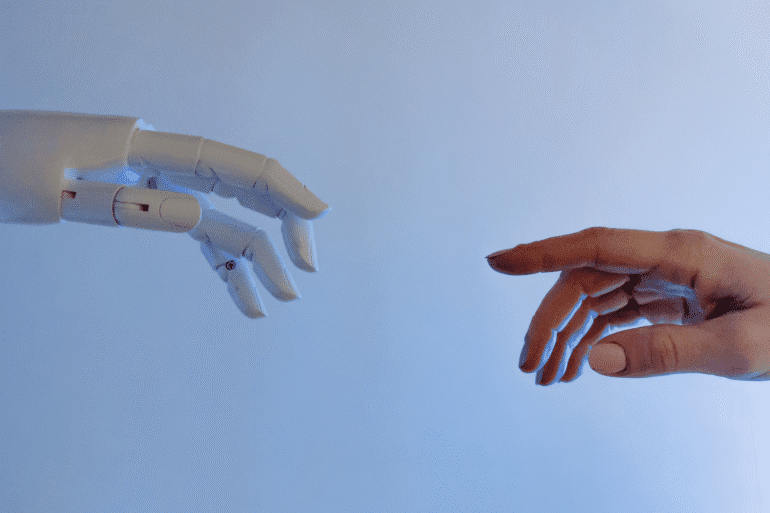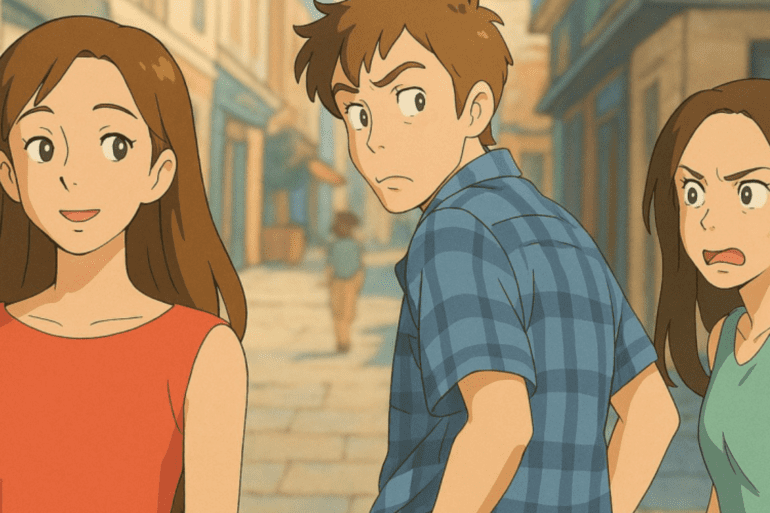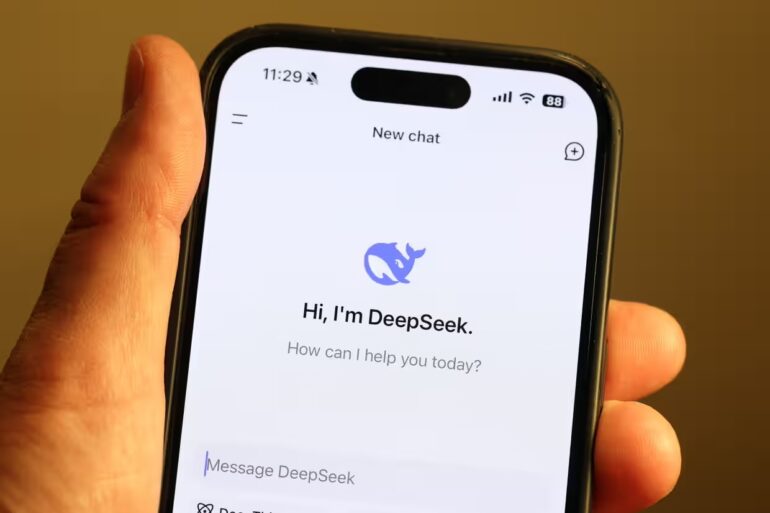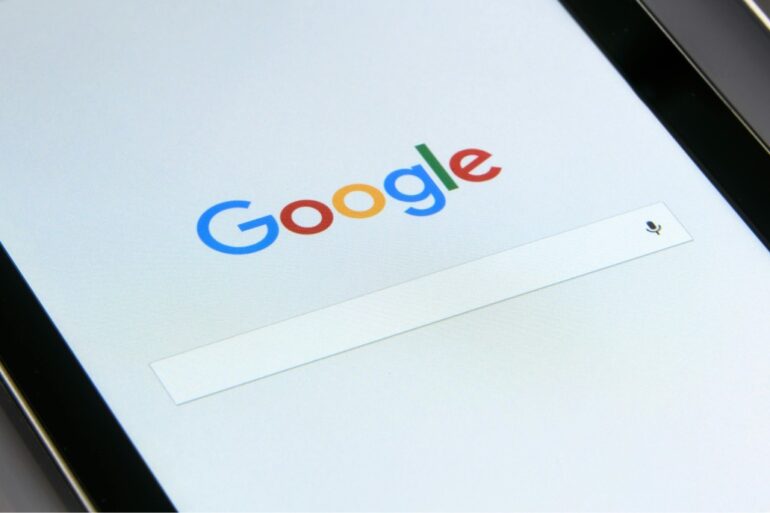AI didn’t just change how we search, it’s changing who content is written for.
The United States Federal Reserve says that the problem isn't the technology itself—it's getting businesses and individuals to adopt it.
As AI becomes more common, industry professionals continue to debate its impact. Some see it as a useful tool, while others warn that it could harm both workers and consumers.
It’s quick, it sounds smart, and it saves time. But researchers at MIT are now asking a bigger question, what is this doing to our brains?
For over two decades, “Google it” was the default way to find answers online. Now, that habit is shifting and it's shifting fast.
New research published in Harvard Business Review reveals a shift from highly technical to deeply emotional and practical applications.
AI-generated Studio Ghibli-style art has gone viral, but raises ethical debates about creativity, copyright, and artist rights.
The hitherto unknown Chinese app sent shockwaves across the industry with its cost-effective, open-source approach.
When you add swear words to your search queries, Google will not return with AI Overviews on top of the results.
As a resident of San Francisco—the tech hotspot of the world—one gets used to seeing new apps and gadgets roll out months before anywhere else.
While AI can put jobs with routine and repetitive tasks at risk, there are still ways that humans can use these highly advanced software systems to their advantage.
Generation Beta or "Beta Babies" will not know a world without artificial intelligence.

